Blog
Jewellok is a professional pressure regulator and valve manufacturer and supplier.
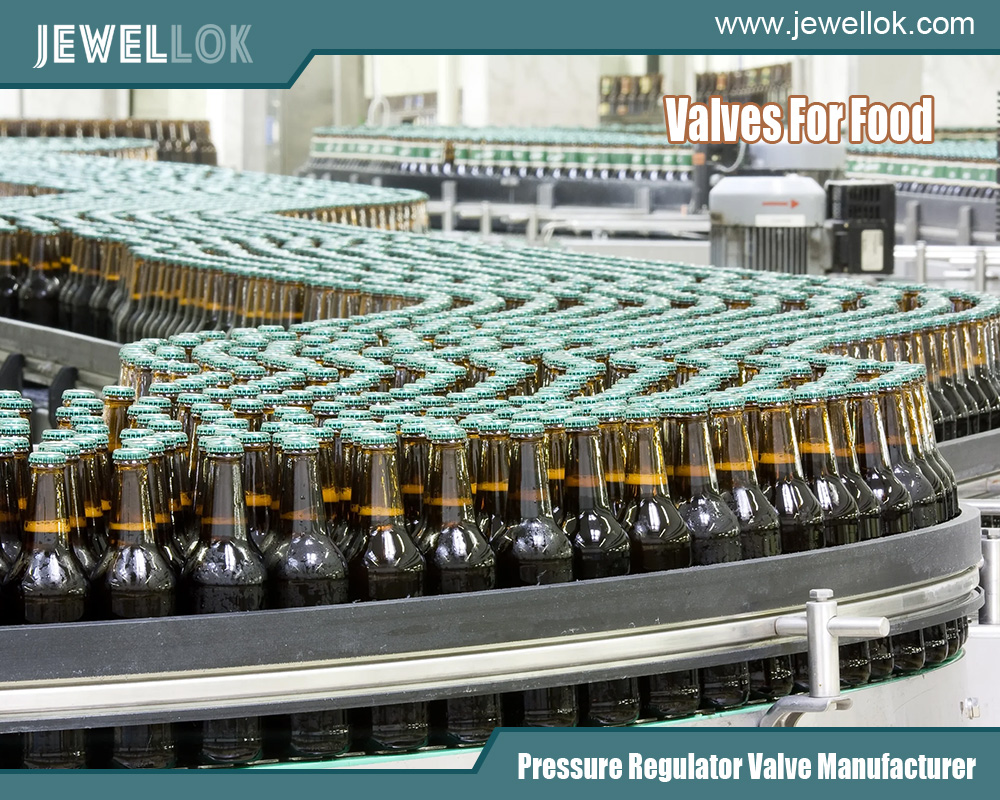
High Temperature Ball Valves: Essential Components For Extreme Conditions
- Pressure Regulator Valve Manufacturer
- China High Temperature Ball Valves, Electric high temperature ball valve, High temperature ball valve manufacturer, high temperature ball valves china, high temperature ball valves india, High Temperature Ball Valves Manufacturer, High temperature metal seated ball valves, high temperature stainless steel ball valve, High Temperature Valve Suppliers, High-Temperature Stainless Steel Ball Valves, High-temperature Wear-resistant Ball Valves, Ultra-high Temperature Ball Valves
- No Comments
High Temperature Ball Valves: Essential Components For Extreme Conditions
Ball valves are essential components in numerous industrial applications, known for their durability, reliability, and ease of operation. However, more than the standard ball valve may be required when dealing with processes that involve high temperatures. High temperature ball valves are designed to withstand elevated thermal environments, ensuring performance, longevity, and safety in industries where temperatures can soar beyond normal limits. These valves play a critical role in industries such as oil and gas, petrochemicals, power generation, and chemical processing, where controlling the flow of fluids at extreme temperatures is crucial.

What are High Temperature Ball Valves?
High temperature ball valves are specialized valves designed to regulate the flow of fluids or gases in systems exposed to high temperature environments, often ranging from 300°F to 1,000°F (150°C to 538°C) or more. These valves operate similarly to standard ball valves, using a spherical ball with a hole in the middle to control the flow. When the ball’s hole aligns with the flow path, fluid passes through; when it rotates to a perpendicular position, the flow is stopped.
Key Features of High Temperature Ball Valves
Several features make high temperature ball valves suitable for extreme operating conditions:
- Thermal Resistance: High temperature ball valves are designed to endure the effects of thermal expansion and contraction, ensuring tight seals even when temperatures fluctuate.
- Sealing Capabilities: These valves often feature special seals and gaskets made of heat-resistant materials to prevent leaks under high temperature conditions.
- Corrosion Resistance: The materials used in high temperature ball valves are typically resistant to corrosion caused by heat, chemicals, and other harsh environments.
- Durability: These valves are built to withstand frequent cycles of high pressure and temperature changes without degradation, using heavy-duty materials and specialized designs.
- Reliable Performance: High temperature ball valves are engineered to provide a reliable, tight shutoff in extreme environments, offering robust control over fluid flow.
Types of High Temperature Ball Valves
High temperature ball valves come in several types, each tailored to specific needs and applications. The choice of valve type will depend on the system requirements, including pressure, temperature, flow rate, and the nature of the medium being controlled.
- Floating Ball Valves: In floating ball valves, the ball is not fixed but “floats” within the valve body. When the valve is closed, the fluid pressure pushes the ball against the downstream seat, creating a tight seal. Due to their simplicity and effectiveness, these valves are commonly used in high temperature applications.
- Trunnion Ball Valves: Unlike floating ball valves, trunnion ball valves have a fixed ball held in place by trunnions or support structures. These valves are well-suited for high-pressure, high temperature systems where the valve needs to handle substantial fluid forces without the risk of the ball floating out of position. Trunnion ball valves are typically used in large pipelines and heavy-duty applications.
- Two-Piece Ball Valves: These valves consist of two main parts: the body and the end caps. They are often used in situations where compactness and easy disassembly are needed. Two-piece ball valves are standard in high temperature applications because of their simplicity and cost-effectiveness.
- Three-Piece Ball Valves: Similar to two-piece valves but with an additional middle piece, these valves provide more flexibility and ease of maintenance. They are ideal for high temperature applications where the valve may need to be removed or replaced frequently for maintenance.
- Sanitary Ball Valves: These valves are designed for applications that require clean and sterile environments, such as in the food and pharmaceutical industries. Sanitary high temperature ball valves are designed to withstand heat while maintaining hygienic standards.
Materials Used for High Temperature Ball Valves
high temperature ball valves require specific materials that can withstand extreme temperatures without losing their integrity or performance. The materials used in constructing these valves are critical in ensuring that the valve operates effectively under intense heat and pressure.
- Stainless Steel: Stainless steel is the most commonly used material for high temperature ball valves due to its resistance to corrosion, oxidation, and high temperature environments. Alloys like 304 and 316 stainless steel are often used for their high strength and ability to endure temperatures up to 1,000°F (538°C).
- Alloy Steel: For even higher temperature resistance, alloy steels such as 410, 420, and 430 are used. These materials enhance strength and heat resistance, making them ideal for high temperature environments like petrochemical refineries and power plants.
- Nickel Alloys: Nickel alloys, such as Inconel and Monel, are used in very high temperature applications. These alloys offer superior heat, oxidation, and corrosion resistance, making them ideal for industries that require valves to perform under extreme conditions, such as aerospace or chemical processing.
- Carbon Steel: Carbon steel is often used for moderate to high temperature applications, offering excellent strength at high temperatures. However, its susceptibility to corrosion in certain environments limits its use to specific conditions.
- Ceramics and Composite Materials: In some specialized applications, ceramic or composite materials are used for high temperature ball valves. These materials offer exceptional resistance to extreme heat and thermal shock but may be more brittle than metals.
Applications of High Temperature Ball Valves
High temperature ball valves are essential in various industries with extreme thermal conditions. The versatility and reliability of these valves make them ideal for a wide range of applications:
- Oil and Gas Industry: High temperatures are expected in extracting and transporting oil and natural gas, especially in refinery processes and high-pressure pipelines. high temperature ball valves control the flow of materials in these systems.
- Power Generation: Power plants, particularly those that rely on steam or gas turbines, require high temperature ball valves to regulate the flow of steam, water, and fuel at elevated temperatures. These valves help maintain efficiency and safety in power generation processes.
- Chemical Processing: The chemical industry frequently deals with high temperature reactions, where controlling the flow of reactants and products is critical. high temperature ball valves ensure hazardous chemicals flow safely through reactors and pipelines without leaking or causing accidents.
- Petrochemical Refineries: Petrochemical refineries process raw materials at extremely high temperatures, and high temperature ball valves are essential for controlling the flow of fluids such as crude oil, solvents, and gases through various refining stages.
- Pharmaceutical and Food Industries: Some processes in the pharmaceutical and food industries require high temperature ball valves to regulate the flow of steam or hot water while maintaining hygiene standards.
Considerations for Selecting High Temperature Ball Valves
Selecting the suitable high temperature ball valve for your system ensures your operations’ longevity, safety, and efficiency. Several factors should be considered when choosing a high temperature ball valve:
- Temperature and Pressure Ratings: Ensure the valve is rated for your system’s specific temperature and pressure conditions. Exceeding the valve’s specifications can lead to valve failure and potential hazards.
- Material Compatibility: Choose materials that can withstand the temperatures and chemicals in your system. Stainless steel or nickel alloys are often suitable for most high temperature applications, but specific processes may require more specialized materials.
- Sealing Mechanism: High temperatures can cause seals to wear or degrade, leading to leaks. Choose valves with high temperature seals made from materials like graphite, PTFE, or elastomers designed to maintain integrity under extreme conditions.
- Valve Type: Based on the system’s flow requirements, pressure, and maintenance needs, select the appropriate type of ball valve (floating, trunnion, or other).
- Maintenance and Accessibility: Consider the ease of valve maintenance and accessibility. Some valve types, such as three-piece ball valves, offer easier disassembly for inspection and maintenance, which is crucial for ensuring long-term performance.

Conclusion
In conclusion, high temperature ball valves are critical components in industries with extreme conditions. Their ability to withstand high pressures and temperatures ensures efficient and safe operation in oil and gas extraction, power generation, chemical processing, and more. By understanding the various types, materials, and applications of high temperature ball valves, you can make informed decisions when selecting the correct valve for your system. Properly chosen and maintained, these valves will provide reliable performance, even in the most demanding environments, helping to keep operations running smoothly and efficiently for years to come.
For more about high temperature ball valves: essential components for extreme conditions, you can pay a visit to Jewellok at https://www.jewellok.com/ for more info.
Recent Posts
Tags
Recommended Products
-
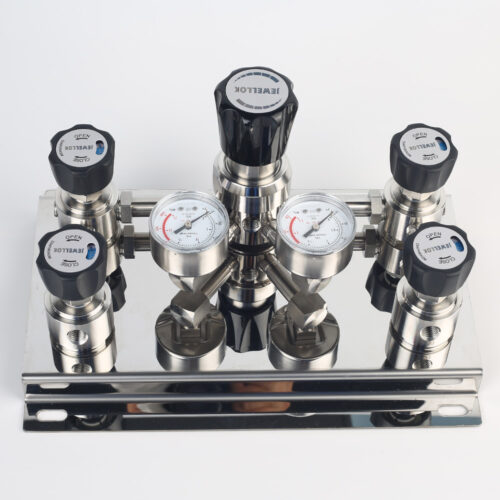
Single Stage Wall And Cabinet Mounting Pressure Control Panels JSP-2E Series For High Purity Gases
-
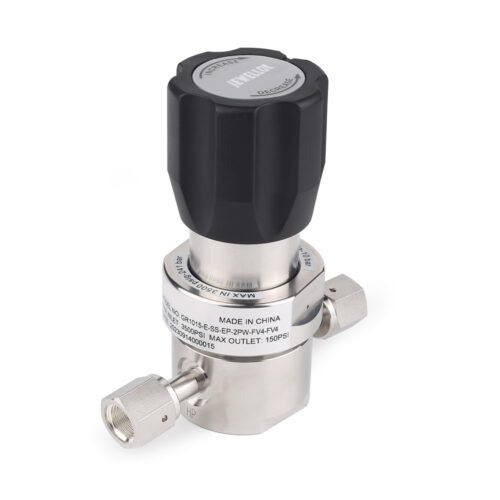
JR1000 Series UHP Ultra High Purity Single Stage Pressure Reducing Regulator And Low To Intermediate Flow
-
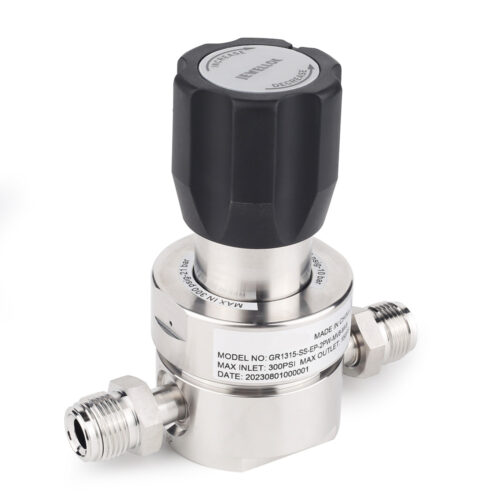
JR1300 Series Ultra High Purity Single Stage Regulator High Flow Line Regulator For Ultra High Purity Intermediate Flow
-
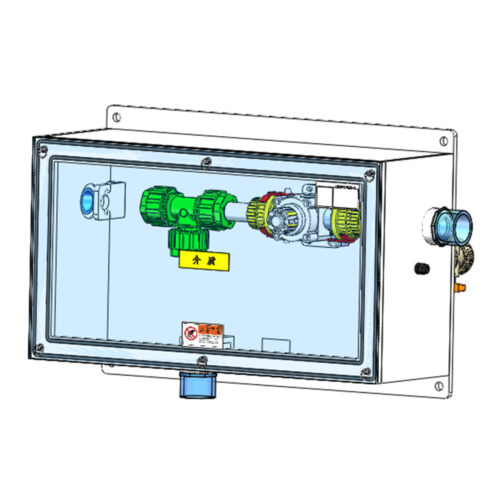
FT-BOX JW-FTB-C Valve Manifold Panels And Boxes With High Purity Configurable Systems
-
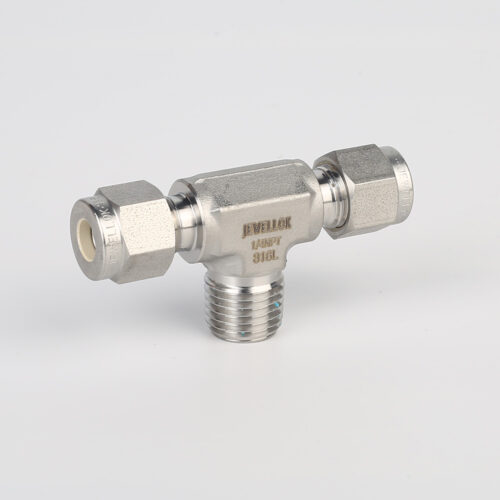
772L Male Branch Tee | Stainless Steel High-Purity Tube Fitting Male Branch Tee
-
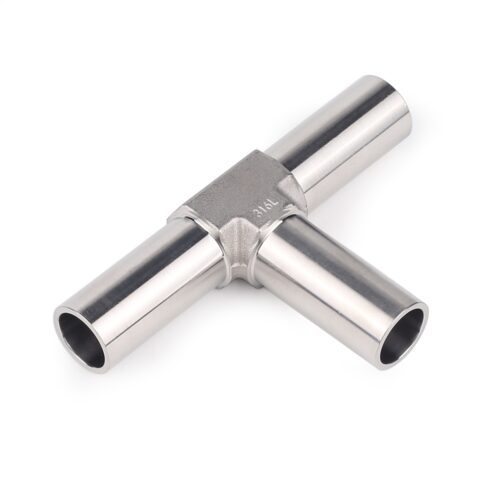
Stainless Steel Ultra Clean Welding Joint Fittings TW Series TRW Series & CW Series
-
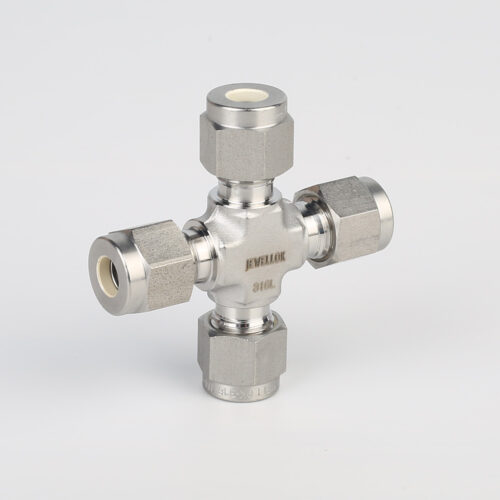
7102L Stainless Steel 316L SS Union Cross Ultra High Purity Long Arm Union Elbow Tee Cross Butt Weld Fittings
-
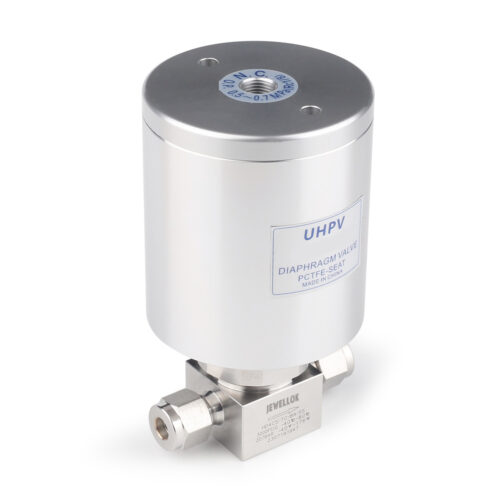
High Pressure High Temperature Pneumatic Ultrahigh Purity Stainless Steel Diaphragm Valves